Attorney’s personal use of funds for transcript results in discipline.
The attorney in Matter of Castro faced 11 charges of professional misconduct. These charges include neglect of a legal matter, misappropriation of client funds, commingling personal funds with client funds, using client funds for personal expenses without permission, failing to obey a court judgment, recording a court proceeding without seeking court approval, and entering into a loan transaction with a client without giving required advisories and obtaining informed consent. After a hearing, a referee found that seven of the charges were sustained and recommended disbarment.
The charges against the attorney arose from three separate matters. In the first matter, he was retained to file a notice of appeal on behalf of a client and tasked with obtaining trial transcripts. The client gave him a check for $3,500 specifically earmarked for the transcripts, but the attorney deposited the check into his business account and used the funds for personal expenses without paying for the transcripts. In the second matter, the attorney was retained to represent a client in a foreclosure action and received a $10,000 retainer. He used $5,000 of the retainer to pay personal expenses and did not use the remaining funds for the client’s case. In the third matter, the attorney entered into a loan transaction with a client, borrowing $15,000 without giving required advisories or obtaining the client’s informed consent.
The Attorney Grievance Committee recommended disbarment, while the attorney asked for a public censure. The Court ultimately granted the AGC’s petition, ordered the attorney’s disbarment, and ordered him to make restitution to the clients affected by his misconduct in the amount of $18,500 and to pay the costs of the proceedings.
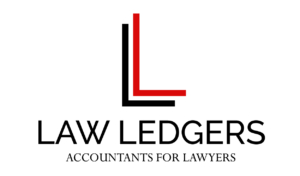
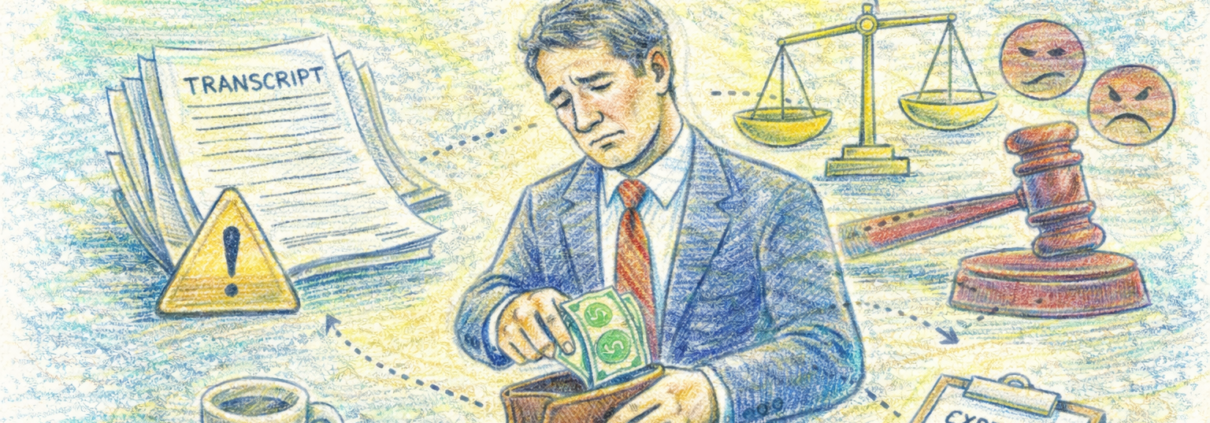
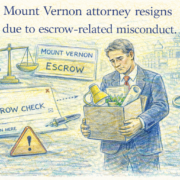
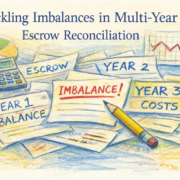
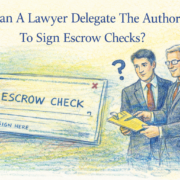
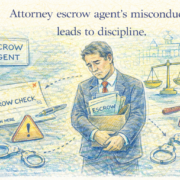
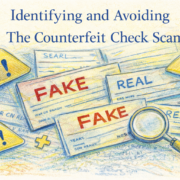


Leave a Reply
Want to join the discussion?Feel free to contribute!